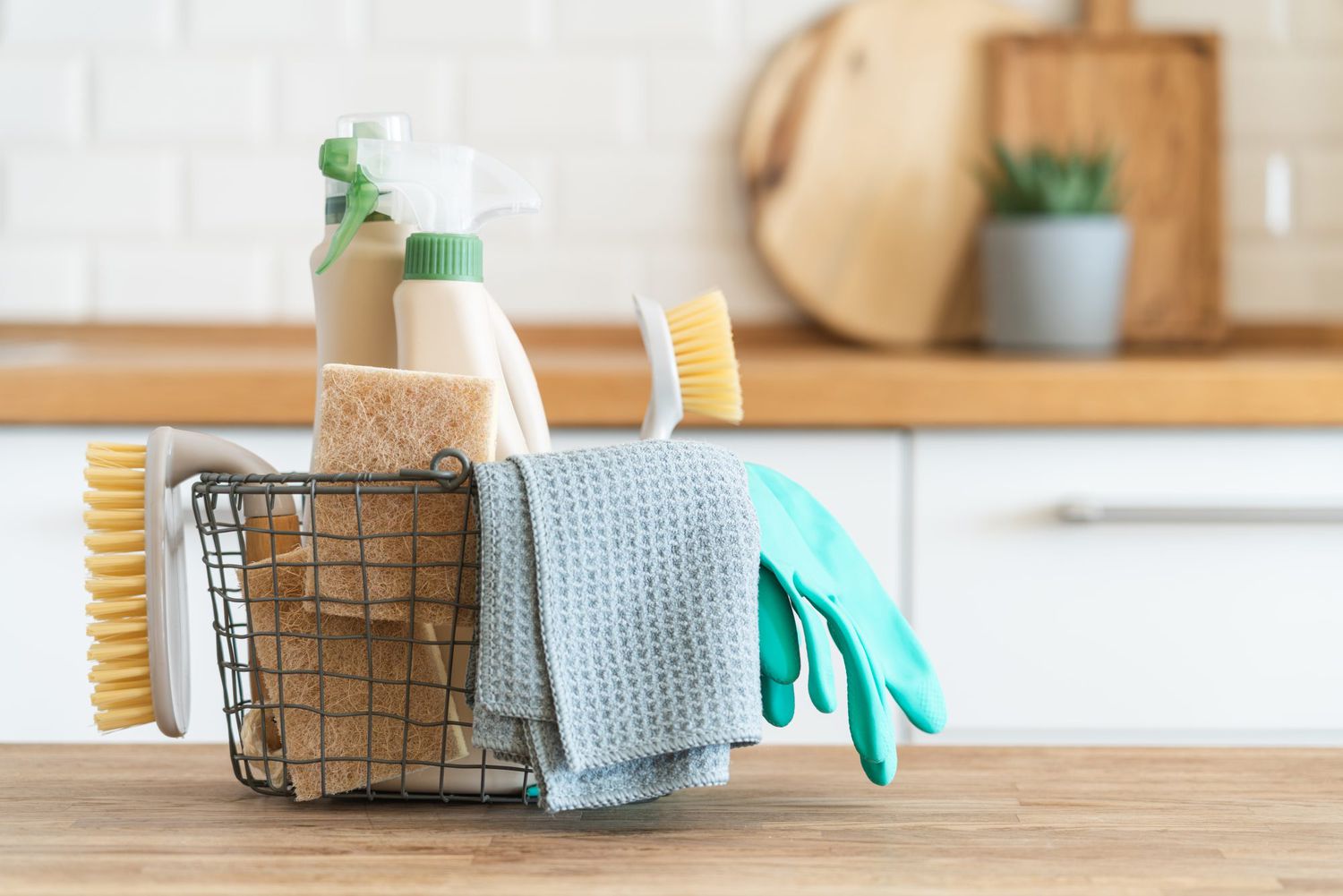By, Amira Maisara binti Amer Hamzah
The habit of keeping our surroundings clean goes beyond one’s personal preference. It reflects our responsibility to ourselves, other people and the environment. Unfortunately, people often misinterpret this simple habit, assuming that individuals who prioritise cleanliness must be obsessive or suffering from obsessive-compulsive disorder (OCD). This misunderstanding not only laughs off the struggles of those with OCD but also decreases the value of keeping up cleanliness as a thoughtful and beneficial practice.
Contrary to popular belief, the desire to maintain cleanliness is not some sort of obsession or compulsion but rather a habit that anyone can develop. For some, it stems from pride in creating a welcoming and organised space. For others, it is a way to boost productivity and reduce stress. Regardless of the reason, keeping things clean should not be seen as a peculiar trait but rather as a simple act of care and consideration that enhances everyday life.
It is also important to distinguish between the habit of cleanliness and the mental health condition that is OCD. OCD involves intrusive thoughts and compulsive behaviours that often interfere with everyday life, and it is different from the conscious decision to maintain a clean environment. Labelling someone as “OCD” just because they like things tidy is both inaccurate and dismissive, prolonging the stigma and misunderstanding about mental health.
Maintaining cleanliness is a shared responsibility that benefits everyone. A clean home, workspace, or public area is not just visually appealing but also helps prevent the spread of disease, minimises environmental pollution, and fosters a sense of calm and order. Simple gestures like properly disposing of trash, wiping down surfaces, or putting things back where they belong are small efforts that make a big difference when done consistently.
Building the habit of cleanliness does not require drastic changes or perfection. Starting small, like keeping your desk organised or cleaning up after meals, can help make the habit stick. Over time, these small actions turn cleanliness into a part of your daily routine. It is also easier to maintain clean surroundings when everyone participates. Encouraging family, friends, or colleagues to share the responsibility helps foster teamwork and makes the effort feel less overwhelming.
Ultimately, cleanliness is a sign of respect for yourself, others and the spaces we share. It is not about being overly meticulous or conforming to societal expectations; it is about doing your part to create a healthier, more harmonious environment. Instead of associating cleanliness with obsession, we should celebrate it as an act of mindfulness and responsibility. After all, a little effort to keep our surroundings clean goes a long way in making the world a better place for everyone.***
- Islamic University VC Engages with IIUM Community on Integrating Shariah Law into Bangladesh’s Legal System - January 28, 2026
- SISCO Launches Certified Course on Visionary Leadership and Community Engagement at IIUM - January 28, 2026
- Memorandum of Understanding (MoU) Signing Ceremony between IIUM and Aafiyat Holdings Sdn. Bhd - January 28, 2026
